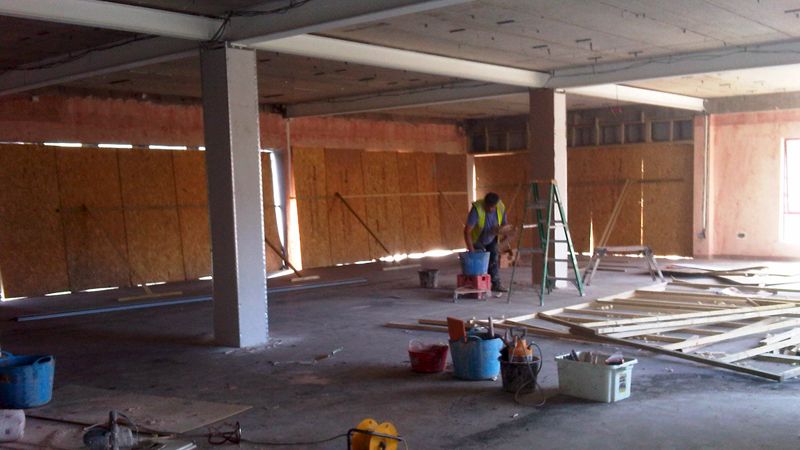The Supreme Court overruled this decision, stating that the Sunderland property should not have a business rate assessment whilst it was undergoing refurbishment as it was not capable of beneficial occupation . Instead the court ruled the property should have been valued at the nominal sum of £1 RV, resulting in a substantial reduction in the rates bill during the redevelopment process.
The decision is a boost for ratepayers contemplating new projects or who have undertaken works and have outstanding appeals awaiting the outcome of this final appeal.
Director of Business Rates at Cooke & Arkwright, Andrew West, who also sits on the RICS Rating and Local Taxation Policy Panel and the Welsh Ratepayer’s Forum has hailed the Supreme Court ruling as “landmark”, stating that the outcome is very positive news for investors and developers in Wales and beyond who will now save significant costs on development schemes.
He said: “This very important case will provide much more certainty to developers and investors who, prior to the decision, were unsure of their ongoing liability to business rates during the redevelopment process. The decision imports common sense and reality into the process of development by valuing the building having regard to its current use, ie a building undergoing reconstruction, rather than an artificial liability based on its previous, redundant use.
In future rating practitioners will be able to provide precise advice on liabilities to business rates which can be factored into and have a positive impact on development appraisals. It could even make marginal projects viable without the previous excessive burden to business rates during the early stages of the redevelopment.
I would urge developers or investors involved in projects to consider their liabilities to business rates in the light of this important decision.


